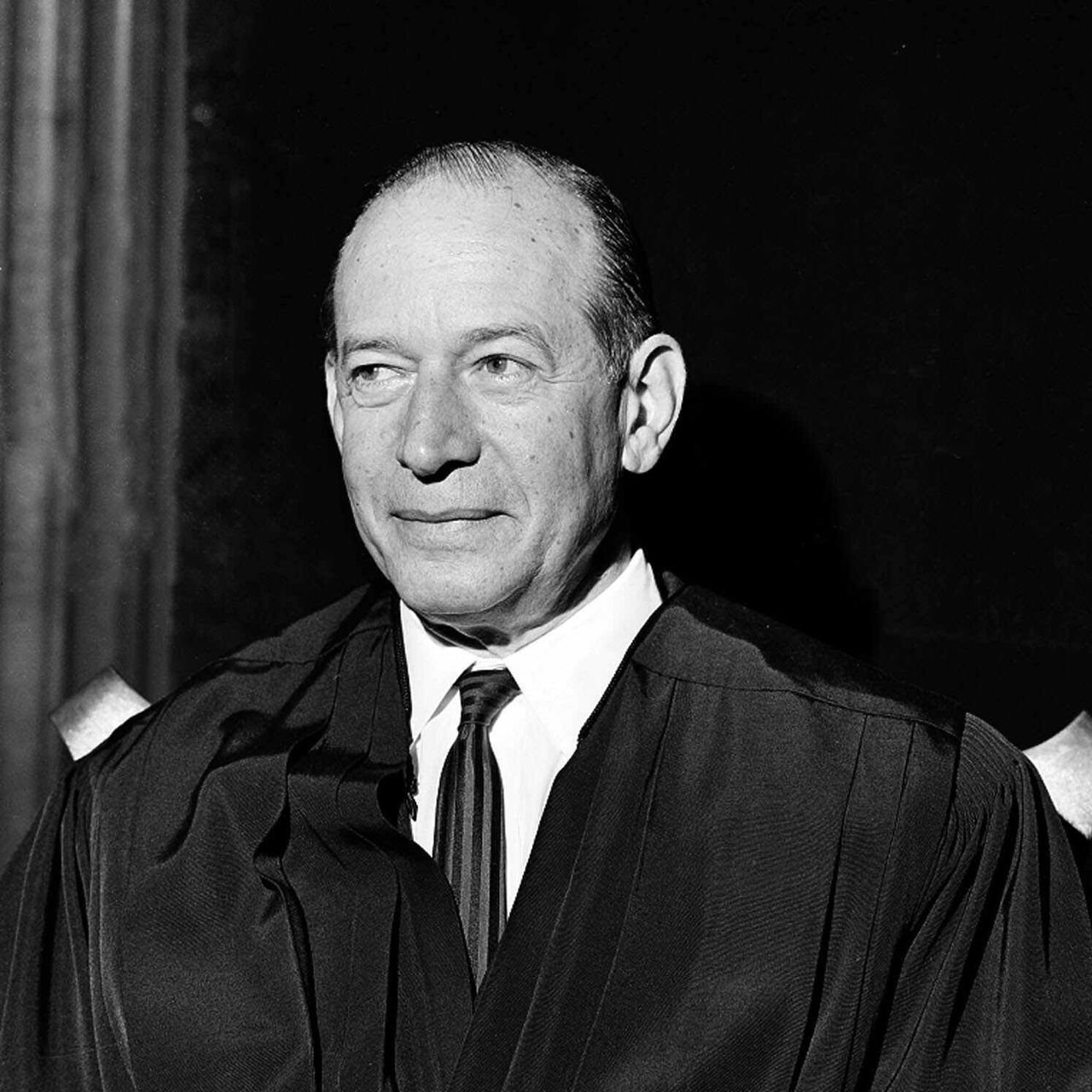Loving v. Virginia
Case Overview
CITATION
ARGUED ON
DECIDED ON
DECIDED BY
388 U.S. 1
April 10, 1967
June 12, 1967
Legal Issue
Does Virginia’s law prohibiting interracial marriage violate the Fourteenth Amendment?
Holding
Yes, Virginia’s law prohibiting interracial marriage violates the Equal Protection Clause and Due Process Clause of the Fourteenth Amendment.
Richard and Mildred Loving | Credit: Wikipedia Commons
Background
In 1958, Mildred Jeter, a Black woman, and Richard Loving, a white man, traveled to Washington, D.C. to get married since their home state of Virginia had an anti-miscegenation law known as the “Racial Integrity Act”, which made interracial marriage a felony punishable by one to five years in prison. Shortly after the Lovings returned to Virginia, the Lovings were arrested by local police and later found guilty of miscegenation. The Lovings were sentenced to a year in jail, but the trial judge suspended the sentence on the condition that they leave the state of Virginia for 25 years. The Lovings adhered to the judge’s ruling and moved to Washington, D.C., but they later filed a motion to vacate the judgment, arguing that Virginia’s law violated the Equal Protection Clause of the Fourth Amendment. During the appeal, Mildred wrote to then-Attorney General Robert F. Kennedy for help, and he referred her to the ACLU for representation. The Lovings’ sentence was upheld by the District Court and Court of Appeals before the U.S. Supreme Court granted certiorari.
Summary
Unanimous decision for Loving
Loving
Virginia
Warren
Black
Douglas
Harlan II
Clark
Fortas
Brennan
Stewart
White
Opinion of the Court
Writing for the Court, Chief Justice Earl Warren held that Virginia’s law prohibiting interracial marriage violated the Equal Protection Clause and Due Process Clause of the Fourteenth Amendment. Warren began by addressing the state’s arguments that the Racial Integrity Act was part of the state’s legitimate interest to “preserve the racial integrity” and prevent “the corruption of blood”, stating that such arguments were “obviously an endorsement of the doctrine of White Supremacy.”
Warren explained that the Equal Protection Clause requires that racial classifications in law be subject to “the most rigid scrutiny”. Applying this standard to Virginia’s law, Warren asserted that “[t]here is patently no legitimate overriding purpose independent of invidious racial discrimination which justifies this classification. The fact that Virginia prohibits only interracial marriages involving white persons demonstrates [that they are] designed to maintain White Supremacy”. Warren also argued that the law violated the Due Process Clause, explaining that “[m]arriage is one of the ‘basic civil rights of man,’ fundamental to our very existence and survival. . . To deny this fundamental freedom on so unsupportable a basis as the racial classifications embodied in these statutes, classifications so directly subversive of the principle of equality at the heart of the Fourteenth Amendment, is surely to deprive all the State’s citizens of liberty without due process of law.”
Ultimately, Warren reversed the Lovings’ convictions and declared that “[u]nder our Constitution, the freedom to marry, or not marry, a person of another race resides with the individual and cannot be infringed by the State.”
Concurring Opinion by Justice Stewart
In his brief concurrence, Justice Potter Stewart reasserted his opinion in McLaughlin v. Florida (1964), in which he held that “it is simply not possible for a state law to be valid under our Constitution which makes the criminality of an act depend upon the race of the actor.”









